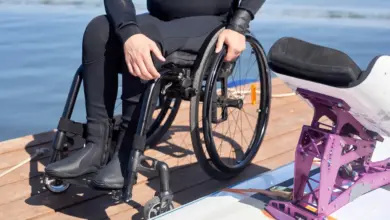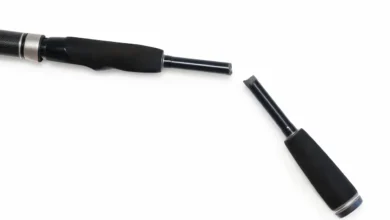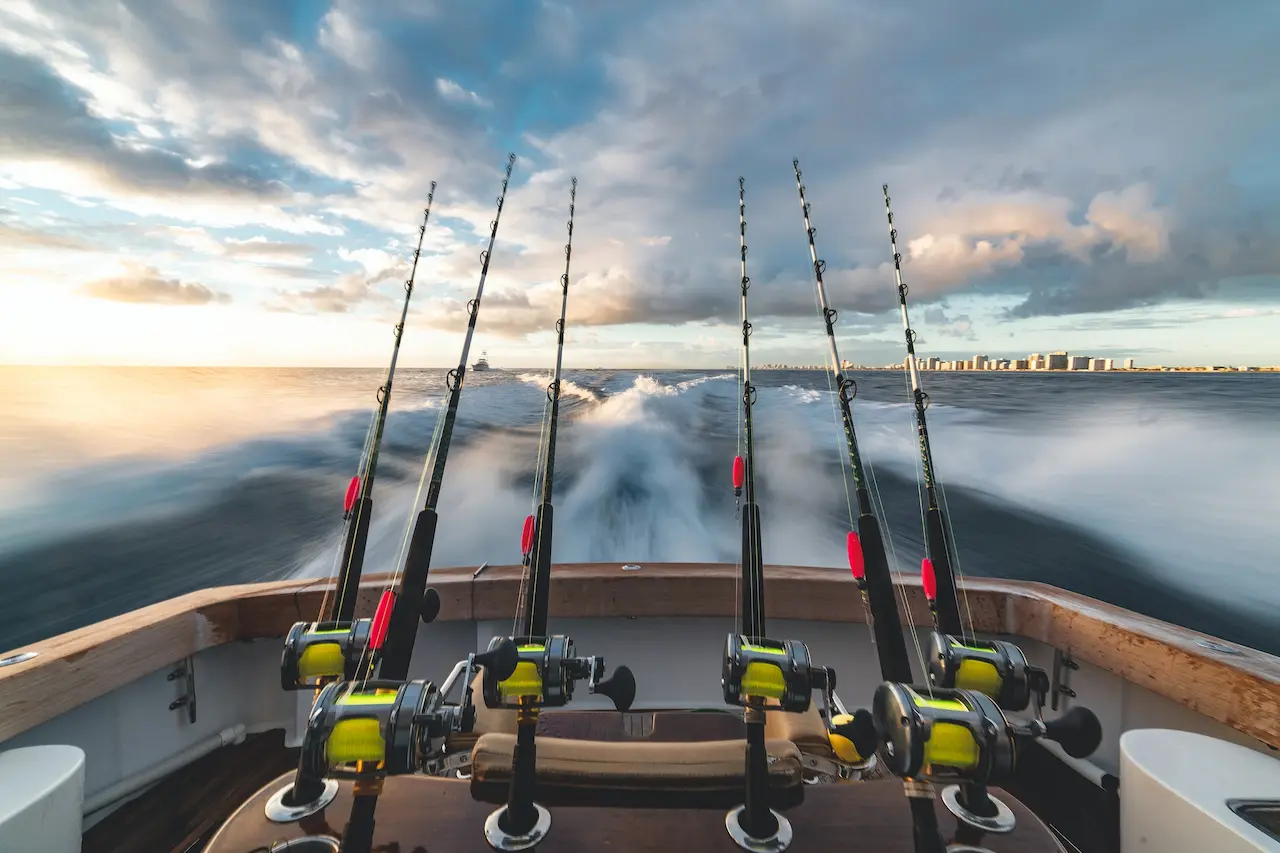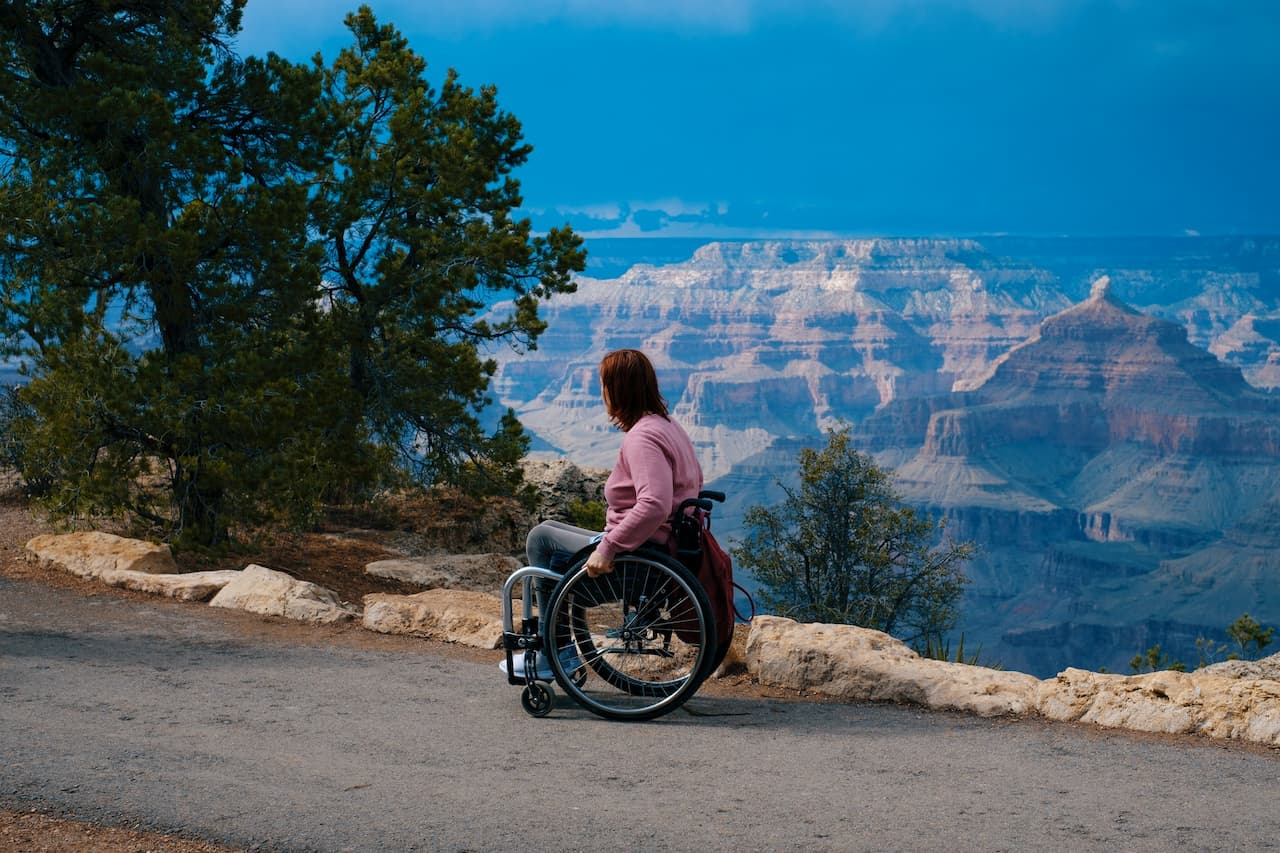Detailed Guide to Adaptive Fishing Equipment
There are a lot of people that take pleasure in fishing. Disabled people should not be discouraged from fishing for the simple reason that they are unable to fish. People who have impairments can enjoy fishing in the same way that they did in the past with the assistance of adaptable fishing equipment.
It is estimated that over 61 million individuals in the United States of America are affected by some kind of impairment. This represents nearly every adult in the country. However, for handicapped individuals to be able to enjoy fishing, they must first get a fishing license from the Department of Natural Resources in their state or any other agency that is recognized as being similar.
Except certain states, such as California, the majority of the other states demand a fishing license. However, if you can provide evidence that you are a resident of the state, you will be eligible for savings on the charge for the license.
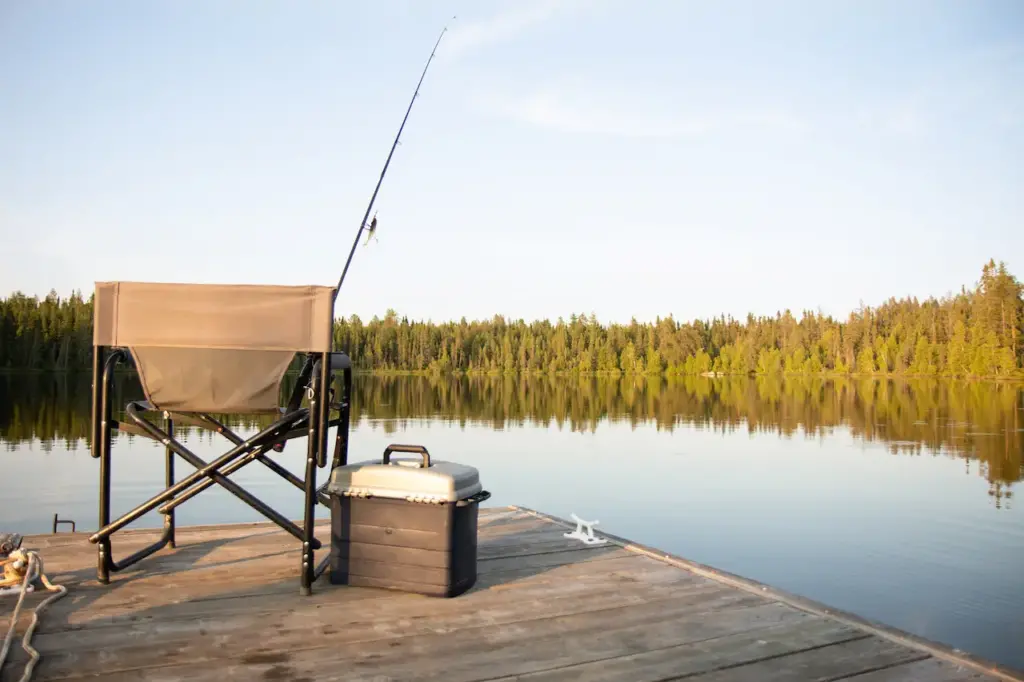
Government Assistance for People with Disabilities Who Hunt or Fish
Governments have been doing their share to help disabled people via hunting and fishing since they have recognized the importance of these activities for impaired people. Having a fishing license is required in the majority of states in order to engage in fishing activities.
On the other hand, an increasing number of state governments provide handicapped individuals with fishing licenses at no cost or at a reduced charge. Wheelchair-accessible special ramps are available at a number of the most popular fishing spots, which also contribute to the promotion of fishing among persons with disabilities.
Requirements for Obtaining a Licencing for Adaptive Hunting and Fishing
In order for a handicapped person to engage in activities such as fishing or hunting, they need to get a fishing or hunting license. Although a handicapped person is not required to get a hunting or fishing license in every state in the United States, the majority of states do require such a license.
The state of California is one of the states that does not need a fishing license for handicapped individuals, and several other states are in the process of revising their legislation addressing this matter. Despite this, the majority of states continue to demand that handicapped individuals purchase a fishing license.
The majority of impaired persons frequently require assistance from another individual. When assisting a handicapped person, it is not required that the person who is providing assistance have a fishing license. A person who does not possess a fishing license can assist a handicapped person in fishing if the disabled person possesses a license.
Veteran with Disabilities Hunting and Fishing
One can obtain a free hunting or fishing license for disabled veterans if they have lost a foot or leg or if they have a disability that is greater than fifty per cent. The vast majority of states provide veterans with free licenses, and even if they are required to pay, the amount is rather small in comparison to the real cost of the license.
The application form for a hunting or fishing license for handicapped veterans must be filled out, and your file number from the United States Department of Veterans Affairs must be included. Following that, you should mail your application form together with your payment to the local head office of the department that is in charge of managing the hunting and fishing license.
Adaptive Gear for Hunting and Fishing
People of all ages take pleasure in participating in hobbies such as fishing and hunting with their families. Nevertheless, certain persons are unable to participate in these activities because of their physical limitations.
If they are equipped with the appropriate gear, individuals with impairments are able to participate in activities such as hunting and fishing. Persons with disabilities can enjoy fishing and hunting because of the vast array of adaptable equipment that is available. Adaptive equipment comprises a number of different things.
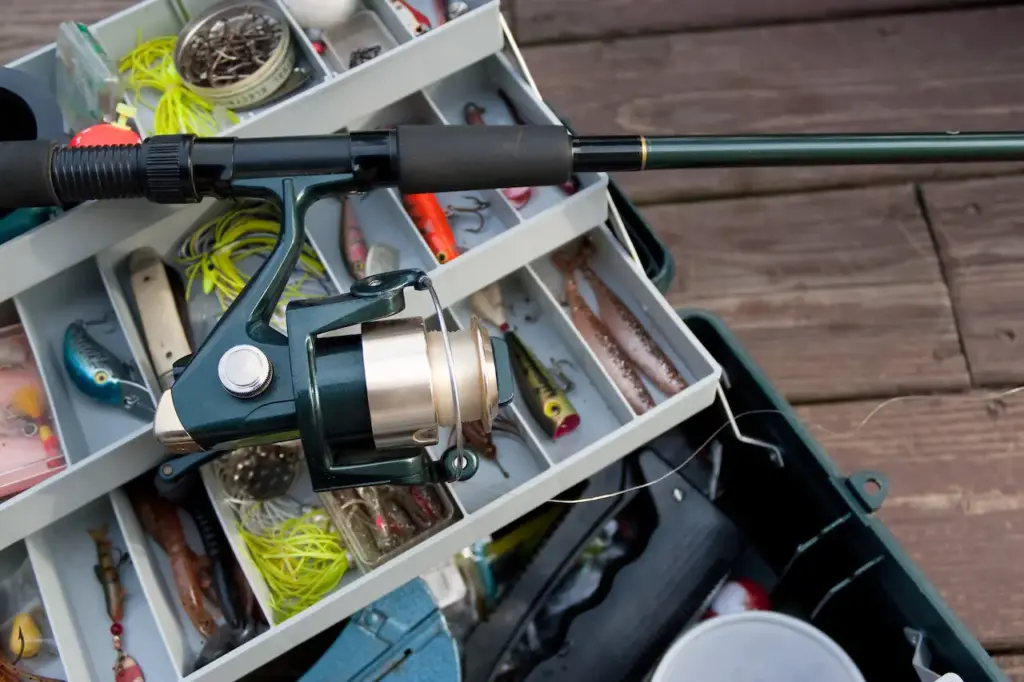
Strong Arm Rod Holder
The fishing rod holder from Active Hands Strong Arm is an example of adapted fishing equipment that enables those with impairments to go fishing on their own while maintaining their independence.
The holder for the rod is designed to be worn like a cuff that wraps around your arm. This fishing rod holder has a buckle clasp that allows it to fit snugly and continue to stay in place even while the fishing rod is being held.
This rod holder is ideal for individuals who have lesser upper body strength since it allows them to fish without having to worry about maintaining the rod at the optimal angle during the whole fishing experience. Because it is crafted from high-quality leather, it has a pleasant texture when you hold it in your hands.
Freedom Fisher Power Assist Reel
Through the addition of the power of the motor to the conventional fishing equipment, the Freedom Fisher Power Assist Reel makes fishing the most accessible activity for anyone with some form of disability. The Freedom Fisher Power assist reel is equipped with a 12-volt motor that handles the task of turning the crank, eliminating the need for the user to physically handle the crank. Even though this fishing equipment is accessible to anybody, it is especially helpful for persons who have limitations. The manual cranking motion is difficult for people with impairments since they often have little or no bodily strength.
Ty-All Knot Tier
This Ty-All knot tier is a piece of fishing equipment that features an adjustable design that allows users to tie knots without the need to use both hands. Within a few seconds, it enables impaired angles to tie and fasten knots more efficiently. Fish are held and lured by the knots that are tied with this technique.
Electric Fishing Reels
When it comes to fishing, electric fishing reels are a godsend for individuals who are disabled from fishing. It is equipped with all of the characteristics that are typical of a fishing reel, but it also has a few unique features that make fishing more convenient.
There are LCDs, detectors, indicators, and sensors included in the package. These elements contribute to the appropriate setting of the depth. Every one of these characteristics makes fishing accessible to persons with disabilities.
Rock Island Power Fishin’ Pro
Adaptive fishing equipment also includes the Rock Island PowerFish’n Pro, which is another example. It is a hybrid reel that is designed to make fishing easier for those who have disabilities. The act of cranking is made easier by the use of an electric motor that is accompanied by a spinning reel.
With a hybrid fishing reel, you may choose between manually cranking the reel or automatically cranking it with simply a switch. Fishing with this reel is simple and easy for persons with disabilities, and they do not require assistance from anybody else.
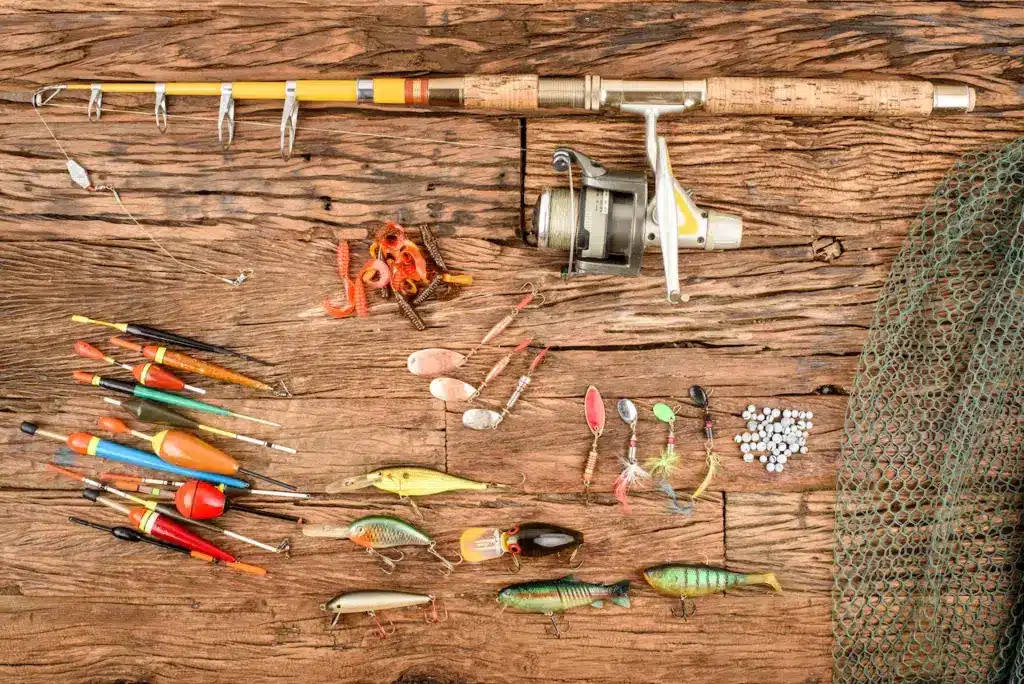
The Pontoon Boats
Pontoon boats are not considered to be adapted fishing equipment in and of themselves, yet they are extremely helpful for handicapped individuals who want to go fishing. For a handicapped person to be able to sit comfortably in a wheelchair, a pontoon boat is large enough to accommodate the wheelchair.
Fishing may be done from either the deck or the sides of the boat because it is large enough. Regardless of where you are on the lake, you are free to use the pontoon boat.
Fish Winch Electric Reel Drives
There are two distinct speeds available for the Fish Winch adaptive fishing reel drive, which allows the line to be retrieved without any physical effort being required. The spinning reel may be utilized for fishing in freshwater as well as for fishing in saltwater to a lesser extent. People who have very little to no upper body strength are able to use this fishing reel because of its adaptable design.
Arm Brace
To maintain the stability of your hand while you are holding the fishing rod, you may make use of an arm brace, which is a piece of adapted fishing equipment. To maintain the stability and position of the fishing rod, arm braces will typically have a pouch of some kind that may be used to fit the end of the rod.
Fishing Arm Cuff Reel Deal
This fishing arm cuff reel deal has a cuff that may be worn over either of your two fingers, depending on which one you feel most at ease with. By utilizing the velcro strap, you will be able to fasten the cuff around your wrist.
In addition to that, there is a velcro band located in the palm of the cuff. Velcro is included in the package that comes with the reel deal. To begin fishing, you will need to push your hand against the reel deal.
Limited Mobility Fishing Mount
One of the goals of the restricted mobility fishing mount is to assist handicapped individuals in holding the fishing rod. It is equipped with two handles, each of which may be positioned in any manner that you find most comfortable, based on your preferences.
There is an armrest built into one of the handles, which enables the individuals who are fishing to keep their hand on it. This is an excellent option for individuals who have lesser upper body strength.
Little Helper Rod Holder
In situations where you want assistance in gripping your fishing rod, this versatile rod holder, which may be attached to your belt around your waist, can provide support for your rod. To ensure that you are comfortable, the rod holder is attached to a bet that can be adjusted to your liking.
This rod holder is helpful for anybody who needs assistance holding their fishing rod when changing lures, flies, hooks, or baits. You don’t have to be disabled to use it; everyone may benefit from its assistance. There is no requirement for you to place your fishing rod on the ground.
Within this rod holder, you can store fly rods, casting rods, and spinning rods equally. People who have lower upper body strength will benefit tremendously from this thing. Additionally, you may use this fishing rod holder to store any additional hooks or flies that you have.
Ableware Fishing Pole Holder
This fishing pole holder is an excellent option for individuals who have limitations that affect their upper body. There is a clamp included with this pole holder, which effectively secures the fishing pole and ensures that it remains sturdy. With the help of this pole holder, a person with a disability may utilize only one hand to control the reel. There is a quick and easy way to insert and remove the fishing pole from the pole holder.
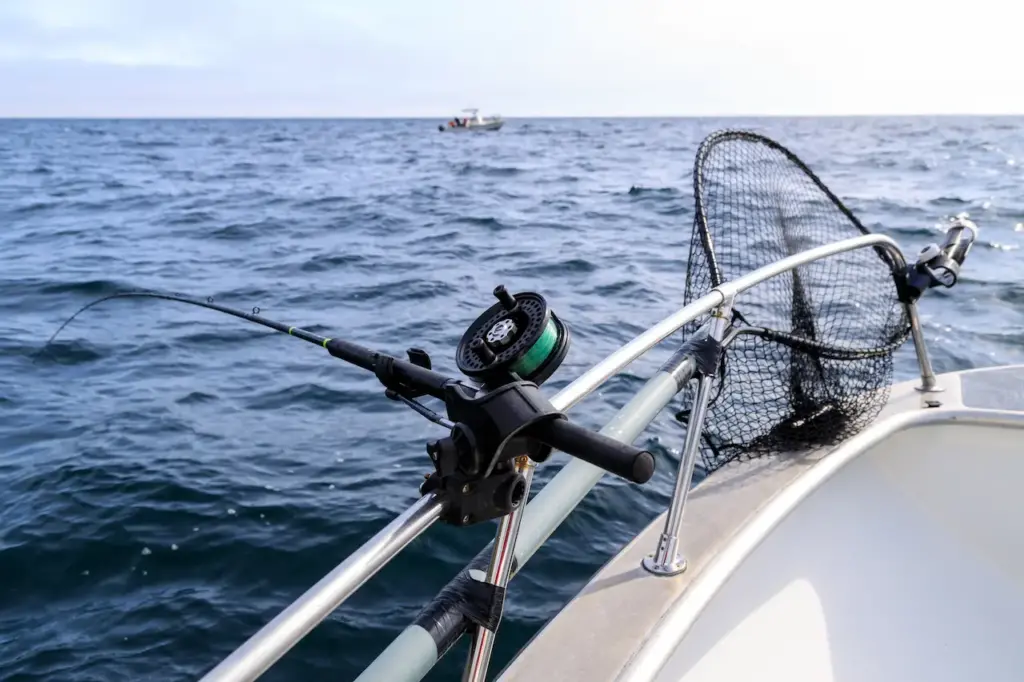
Advancement in Adaptive Hunting and Fishing Gear
The gear used for fishing and hunting has undergone significant development during the past several years. These days, there is a wide variety of fishing gear that may be adapted to different situations.
To maintain the stability of the fishing rod without requiring any finger or upper body strength, there are fishing rod mounts and harnesses available that may be utilized. To recover the line and lower it down, the reel cranks and electronic reels are of great assistance. There are also electric reels that are powered by a motor, which eliminates the need to ask someone to draw the line-up. These reels are power-operated.
The setting in which a handicapped person goes fishing has also been significantly altered, in addition to the piece of equipment that they use. Now, at the majority of famous fishing places, there is a ramp that is accessible to those who use wheelchairs, making it straightforward for disabled persons to reach the location.
Olympic Sports for People with Disabilities
It is possible to participate in several different sports at the Olympic Games. In contrast to the Olympic Games, the Paralympics are comprised of two distinct competitions: the annual Summer Games and the annual Winter Games. Each of these two Paralympic Games takes place once every two years, in parallel with one another.
The sports that are competed in during the Winter Paralympics are cross-country skiing, Alpine skiing, and biathlon. On the other hand, the sports that are competed in during the summer Paralympics are swimming, cycling, and archery. The equipment that is used in various sports can be modified to accommodate the participant’s disability to make it more accessible.
FAQs
Where can disabled individuals fish?
While no universal restrictions exist, ideal fishing spots have wheelchair ramps for accessibility. Those with mobility limitations should avoid locations with uneven terrain. Checking state license exemptions is also wise.
How is fishing different with a disability?
Everything from carrying supplies to casting requires physical exertion, which disabilities can hinder. Solutions like electronic reels and rod holders reduce the need for strength and dexterity so more people can enjoy fishing.
Do you need a license if disabled?
Over 20 states exempt disabled residents from fishing license requirements or fees. Others offer discounted rates or only exempt certain disabilities. However, most still mandate standard licenses. Always check regulations based on location and disability status.
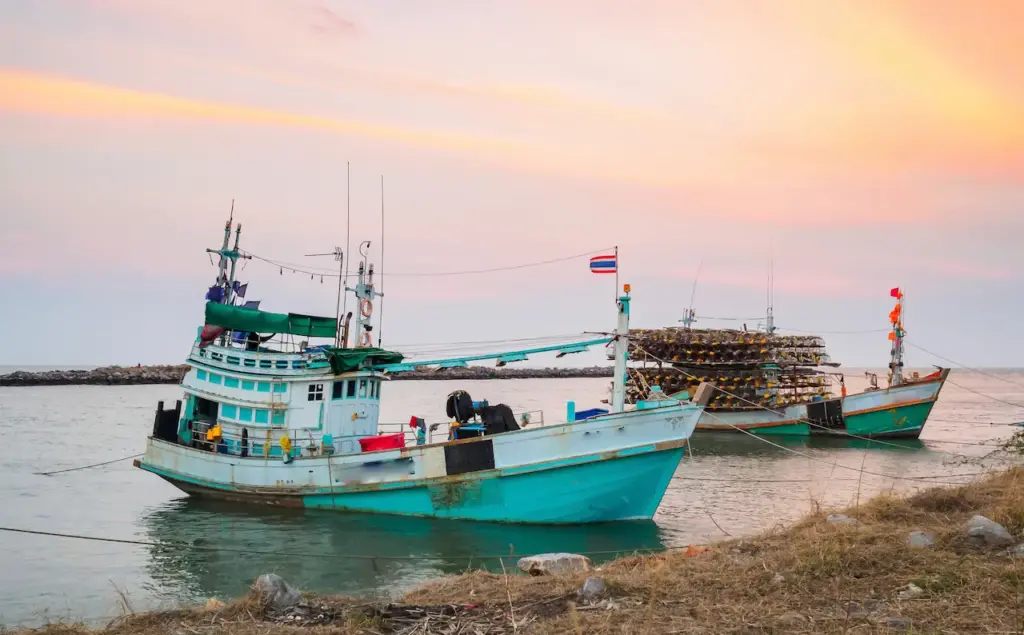
What gear helps disabled anglers?
Those with limited mobility or strength can utilize specialized rod holders, electronic reels, line retrieval tools, and pole mounting systems. Such adaptive equipment makes fishing easier regardless of physical ability.
Conclusion
Fishing should be an activity that people of all abilities can enjoy. With an aging population and advancing technology, demand grows for adaptive fishing equipment to serve people with disabilities. Numerous innovative tools now exist, ranging from rod holders and pole mounts to electronic reels that automate retrieval. So, those with limited strength or mobility need not give up their beloved pastime.
Check local regulations, but know that resources stand ready to help you get back out on the water. Adaptive gear brings independence and accessibility to a sport with immeasurable benefits for the mind, body, and spirit.
If you are disabled and are interested in beginning fishing again or beginning fishing for the first time, we hope that we have covered a lot of topics and that this article will provide you with a sense of how and where to begin.
